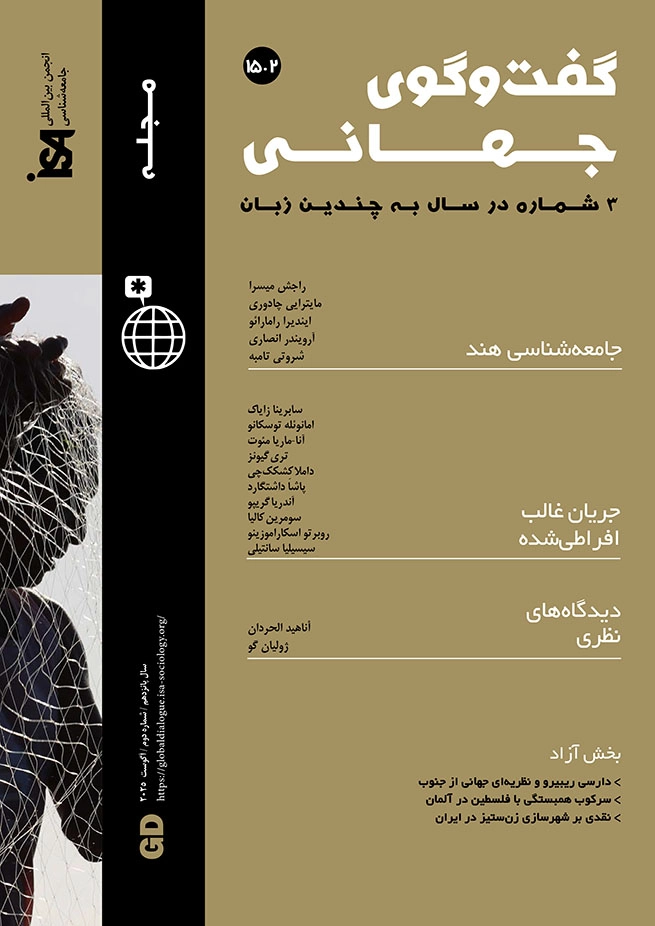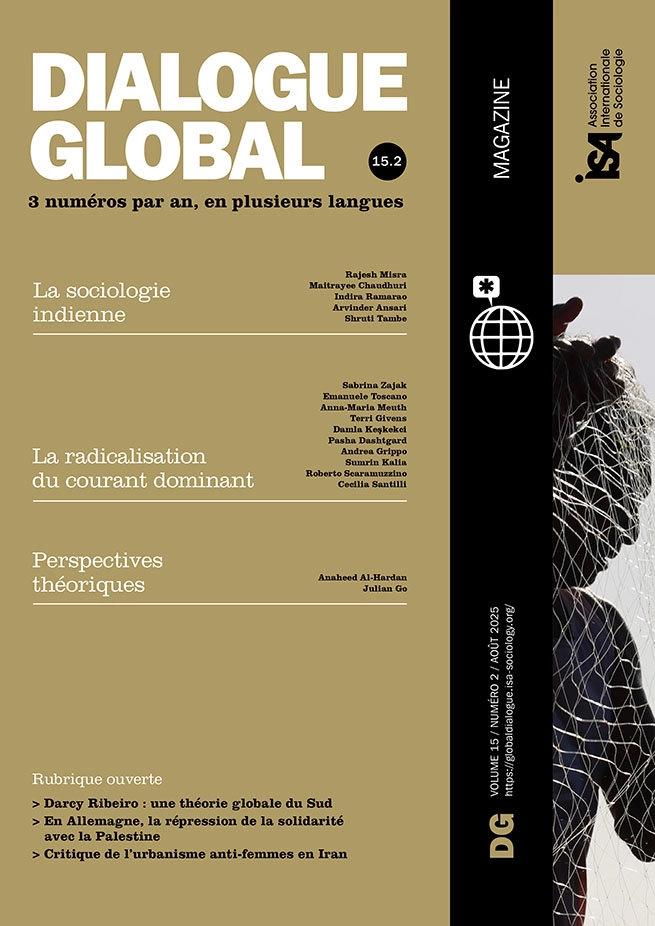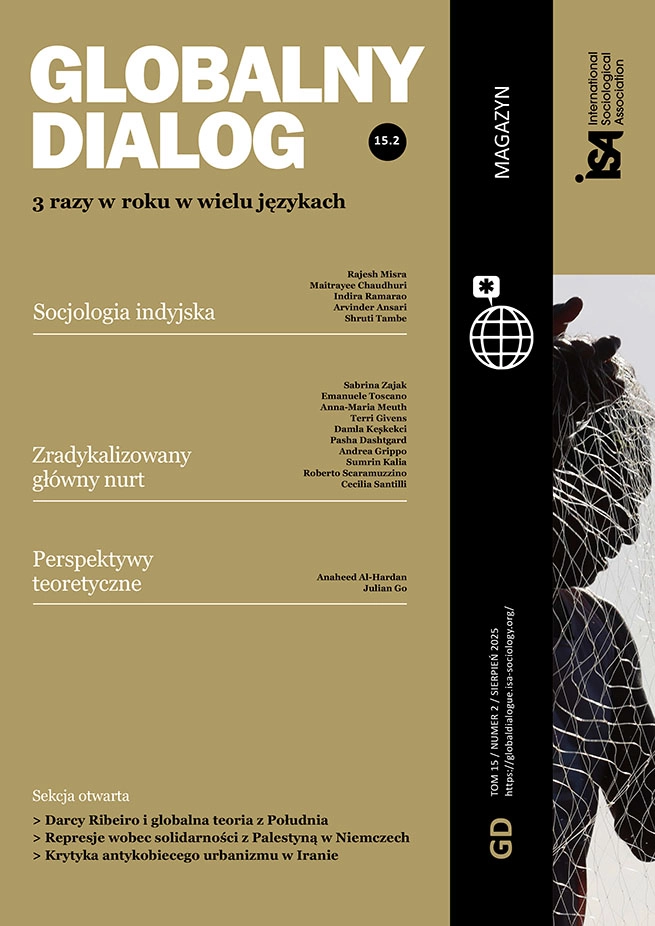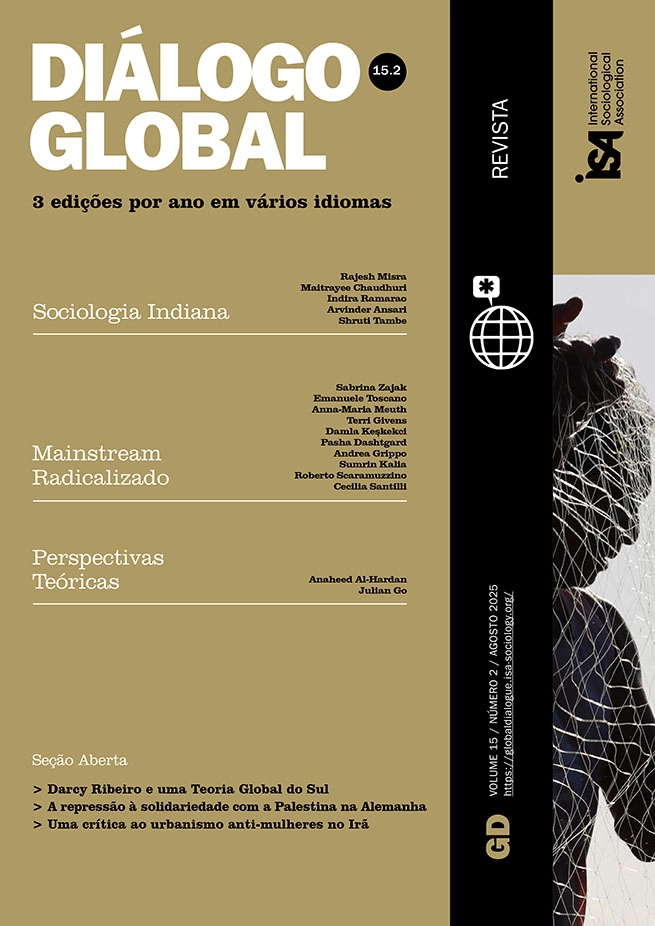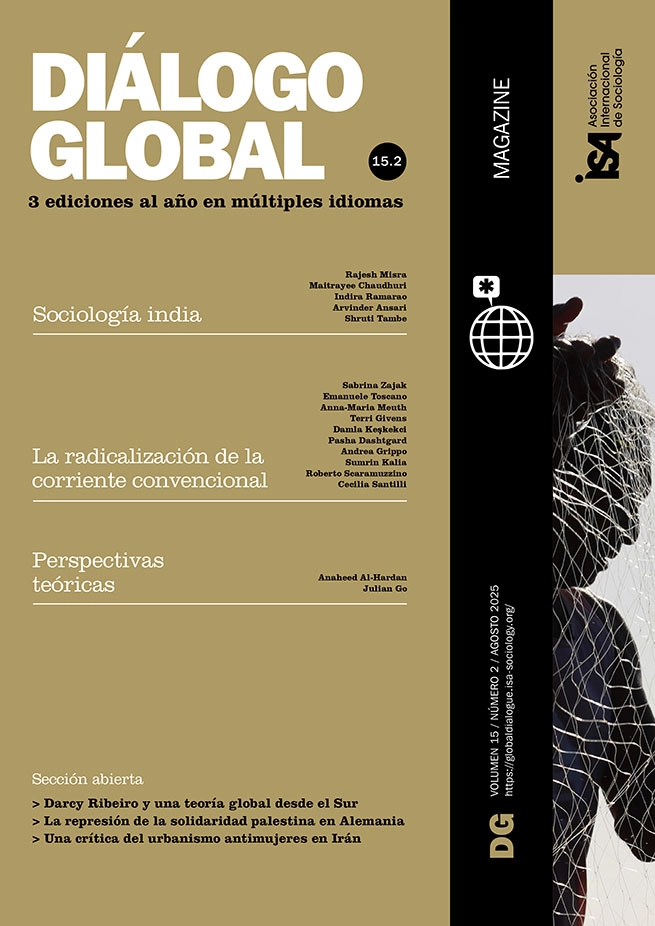Introduction
There are fewer and fewer places online geared toward boys and men that are free from the influence of male supremacist ideology. Many of these male-centered spaces, which originally emerged as places to find advice, support, and camaraderie, have instead become breeding grounds for radicalization. Whether in dating and relationship forums, fitness and fashion communities, or gaming and sports discussion boards, hateful sexist rhetoric is becoming increasingly normalized. Subtly embedding reactionary beliefs with seemingly apolitical or self-improvement-focused content makes it difficult to recognize the presence of extremist views, further facilitating their spread.
One through line that can be traced across these different male-centered online spaces is an intense focus on self-optimization. Self-optimization in this context is understood as an ongoing, individualistic strategy focused on continuous self-improvement, often driven by societal expectations and personal aspirations. While self-improvement on its own is perfectly healthy, fixating on self-optimization can lead to an obsession with “maximizing” one’s body and lifestyle through self-tracking practices, fitness training, cosmetic surgeries, neuro enhancements, the use of dietary supplements, and adopting a rigid, formulaic strategy and approach to dating and relationships. The self-optimization narrative contributes to multiple multi-million-dollar industries that propagate through internalized shame, self-hatred, and a mind-over-matter compulsion to achieve an idealized form of masculinity. Internalizing these ideas leads to a vision of non-self-optimizers or unsuccessful optimizers as lesser, especially for oneself. This puts tremendous pressure on boys and men to achieve an impossible combination of physical fitness, sexual prowess, and financial success, with anything less being proof of one’s inability to embody masculinity correctly.
This concern for optimizing oneself in all areas of life increases vulnerability to ideological indoctrination. Haenfler (2004) specifically notes how individual concerns regarding self-control and moral purity can be weaponized to lead to subcultural resistance and group identity formation. While wanting to improve oneself is a worthy and laudable goal, the emphasis on individual and group purity – and discipline through pain and denial of pleasure – allows for bad actors and toxic ideologies to frame a lack of adherence to traditional masculine ideals as a moral failing, as an example of how feminism and progressive decadence has corrupted modern men.
Dating and relationships: the Red Pill and the rise of the “manosphere”
One of the most visible areas where far-right ideology has taken root is in online discussions about dating and relationships. Red Pill communities found across the “manosphere” – a network of online spaces dedicated to male supremacist ideology – are some of the most easily accessible places for boys and men to find advice about how to manipulate women, how to have sex with as many women as possible, and how to embody the role of a strong, sexy, alpha male that women cannot resist. These forums, websites, apps, and platforms view feminism and women’s empowerment as a direct threat to men. Within these communities, traditional gender roles are reinforced, with women often depicted as manipulative, hypergamous, and deceitful. Men who subscribe to these beliefs are encouraged to dominate relationships and reject any form of progressive gender equality. While these ideas may begin as dating advice, they often serve as a gateway to broader reactionary politics.
Another toxic subgroup within the manosphere is the “misogynistic incel” (involuntary celibate) community. Misogynistic incels believe that an oppressive, feminist social order – one in which women exclusively choose attractive and dominant men – has left them romantically and sexually hopeless. Many incels blame feminism, multiculturalism, and other perceived societal changes for their personal struggles, fostering resentment that can lead to violence. Incels adopt a fatalist, biologically deterministic attitude towards society, where one’s genetics and physical features either guarantee you success sexually, financially, and socially, or doom you to a life of misery and failure. The rise in incel-related violence, including mass shootings, illustrates the real-world consequences of these toxic ideologies.
Fashion and fitness: from “looksmaxxing” to extremism
Online spaces that are, on the surface, there to offer boys and men tips on how to dress well, get six pack abs, and better groom themselves are being overrun by narratives that capitalize on men’s insecurities and desire to ascend to the top of an alleged masculine hierarchy.
“Looksmaxxing” is an online term used in some online self-improvement communities dedicated to fashion, looks, and fitness, which describes the process of analyzing and maximizing one’s physical attractiveness through the deployment of pseudoscience, “alternative” treatments, and various kinds of contemporary male supremacist quackery. While on the surface this might appear to be a harmless form of self-betterment, many looksmaxxing communities reinforce harmful ideas about masculinity, genetics, and social hierarchy. These discussions often intersect with eugenicist beliefs, promoting the idea that only certain physical traits (read: White, Anglo-Saxon) are desirable, and that genetic determinism is an insurmountable reality.
Fitness culture has also become an entry point for far-right radicalization. Many male supremacist influencers use fitness and men’s desire to physically improve their bodies as a way to advocate for hegemonic masculine ideals. Discussions of strength, discipline, and dominance are sometimes framed in opposition to individual moral decay and then a broader societal decay, further entrenching ideological divides. In certain online fitness spaces, failure to maintain a slim, strong physical form is seen as a moral failing, an inability to control one’s desires and instead indulge one’s lack of self-control.
The far-right’s growing interest in fitness has also led to the emergence of “Active Clubs,” groups that blend martial arts training with extremist ideologies. These clubs attract men under the guise of self-defense, self-improvement, and empowerment but often serve as training grounds for political violence. This connection between fitness and far-right extremism underscores how seemingly innocuous online communities can lead to real-world radicalization.
Sports and gaming: new arenas for the normalization of male supremacy
Beyond traditional self-improvement spaces, male supremacist ideology has infiltrated videogame and sports forums, which serve as major cultural hubs for men and boys online. As a result, self-optimization narratives have also embedded themselves in discussions of sports and gaming.
Gaming organically fosters niche online communities of those either playing a videogame or following the company that produces said game. #GamerGate was a 2014 controversy and online harassment campaign ostensibly centered on ethics in video game journalism but largely fueled by misogynistic and anti-progressive sentiments within gaming communities. It involved coordinated harassment, doxxing, and threats against women in the gaming industry, particularly targeting developers, critics, and journalists advocating greater diversity and inclusivity. This event demonstrated the ability of videogames to create strong in-group identification and the potential for videogame communities to be vulnerable to radicalization. Many gaming forums cultivate a “politically incorrect” culture, where racist, sexist, and homophobic jokes are common, reinforcing exclusionary worldviews under the guise of free speech. While #GamerGate no longer serves as a galvanizing force online, the legacy of #GamerGate can be felt in the ways certain factions of gamers respond to games, movies, and television shows that feature diverse casting or center stories and characters deemed “woke” or progressive.
Sports influencers use platforms like YouTube and podcasts to push reactionary narratives about athletes who engage in activism, and blend conservative political commentary with sports coverage, often criticizing progressive movements in athletics, such as racial justice protests or gender inclusivity in sports. One such example is Barstool Sports, a popular sports media brand, which has played a role in mainstreaming male supremacist ideas. While it presents itself as a lighthearted, bro-culture media outlet, its content frequently promotes misogyny, dismisses progressive movements, and encourages a culture of hyper-masculinity. Barstool Sports runs recurring features called “Guess that Ass,” “Guess that Rack,” and “Twerk Wednesday.” And in 2010, Barstool Sports creator Dave Portnoy wrote, “I never condone rape, but if you are a size 6 and wearing skinny jeans you kind of deserve to be raped, right.” By framing these views as humorous, edgy, and rebellious, it makes them more appealing to young men who may have intended to merely engage with sports coverage, not realizing they are also engaging with male supremacist ideology.
Conclusion
Digital spaces for men and boys are increasingly shaped by male supremacist ideology, turning once-supportive communities into hubs for radicalization. Under the guise of self-improvement – whether through dating advice, fitness, fashion, sports, or gaming – these spaces normalize reactionary beliefs that reinforce traditional gender hierarchies and exclusionary ideals. The infiltration of far-right ideology into these spaces underscores the need for healthier, more inclusive communities for men and boys.
To counteract this trend, we must ask: Where can boys and men go to build community without being forced to consume content underpinned by male supremacist ideology? The answer lies in creating new, positive spaces that promote healthy masculinity, emotional intelligence, and genuine support. Encouraging open conversations about identity, vulnerability, and respect can help steer young men away from toxic influences. Ultimately, society must invest in fostering inclusive environments where men and boys can connect and grow without being drawn into harmful ideological frameworks. Boys and men seek out communities and online spaces that offer advice, guidance, and community; there’s no reason why online spaces dedicated to the interests of boys and men need to become spaces dedicated to misogyny and extremism.
Pasha Dashtgard, Polarization and Extremism Research and Innovation Lab, American University, Washington, USA <dashtgard@american.edu>












